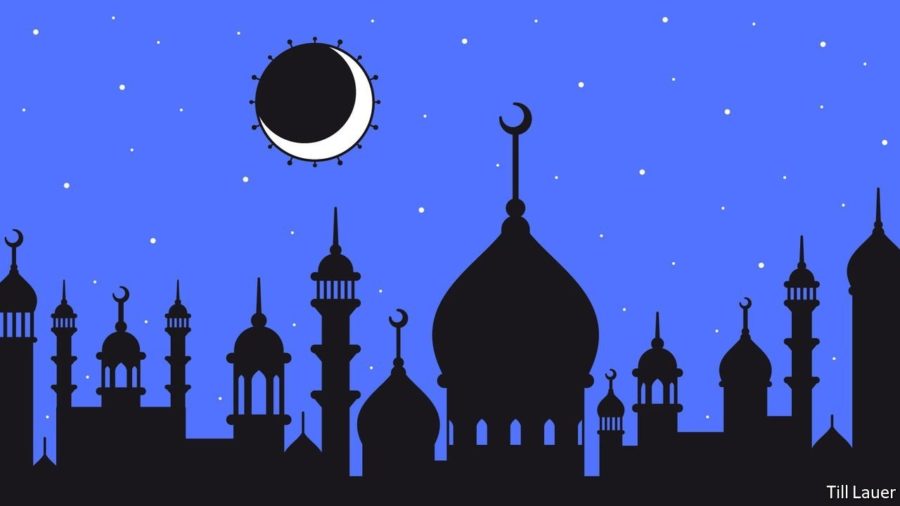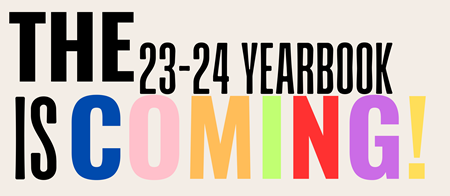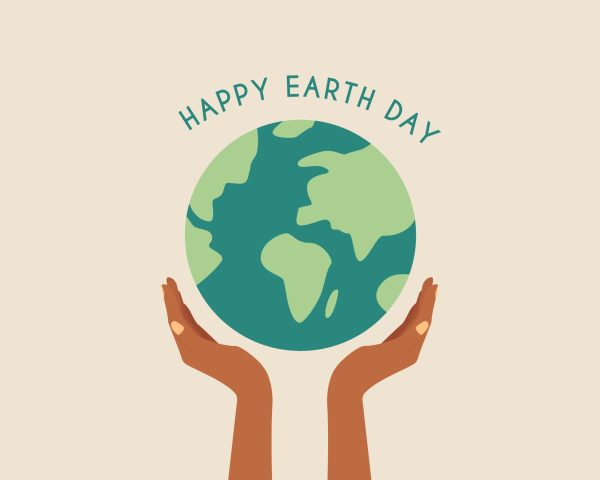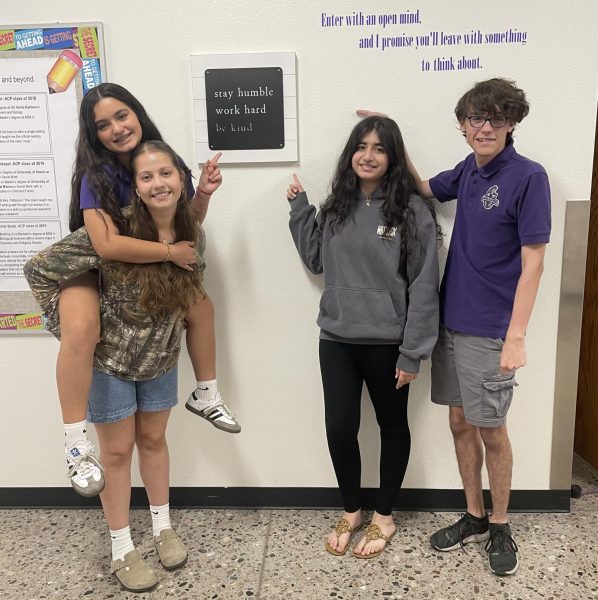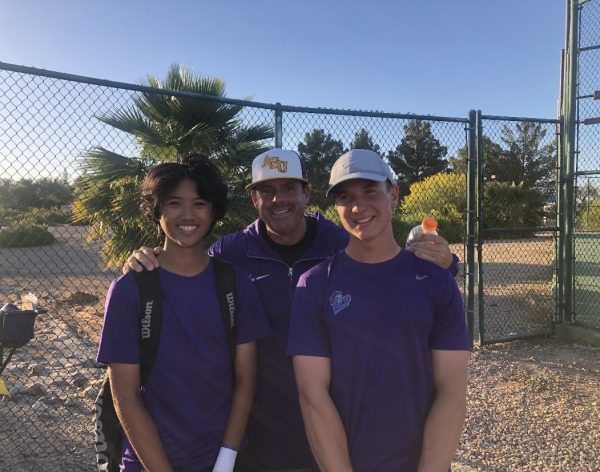Learning A Bit About Ramadan!
Many of very own students and staff are going to begin their Ramadan celebrations starting Monday, April 12th. For those who don’t celebrate Ramadan, you might be curious about why your fellow peers and staff members are doing things, such as fasting. To learn a bit more about the holiday and its cultural background, continue reading!
First, Ramadan Mubarak to all those celebrating! Ramadan is a religious holiday celebrated by those who practice Islam. This year’s Ramadan begins on Monday, April 12 and ends on Tuesday, May 11. If you aren’t Muslim or close to someone who is, you might not know a lot about this holiday. Well, here is your chance to increase your cultural knowledge.
Disclaimer: I am personally not Muslim, but have done research and talked with my friends who do practice Islam in order to provide the most accurate information. If anything below is inaccurate, I sincerely apologize.
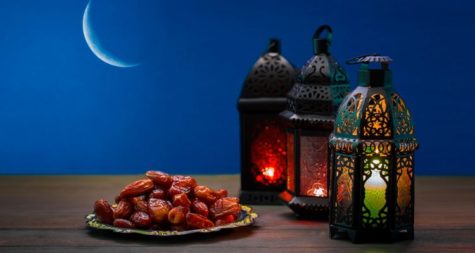
Ramadan is celebrated in the ninth month of the Muslim calendar. It begins and ends with the appearance of the crescent moon. It is a time for Muslims to practice self-restraint, which is why is it also known as the holy month of fasting. Muslims use Ramadan to fulfill one of the five pillars of Islam: ṣawm, which means to refrain in Arabic. Ṣawm is the obligation to refrain from food, drink, and all forms of immoral behavior between dawn to dusk. Muslims will fast from dawn to dusk then break their fast after the sun sets. Following the sunset, they will pray and formally break their fast with a meal called ifṭār. Ifṭār usually composes of either dates or apricots alongside either water or sweetened milk. Throughout the night, they will engage in various prayers called tawarīḥ prayers. In tarawih (or tawarīḥ) prayers, Muslims will recite parts of the Qurʾān in each prayer. Usually the entire Qurʾān will be recited over the entire month of Ramadan. All indulgences, such as eating and drinking, are paused, or the fast resumes, until “the white thread of light becomes distinguishable from the dark thread of night at dawn”. If the fast is broken before this occurs, then it can be made up with extra days of fasting or volunteering, performing righteous works, or feeding the poor. Some don’t fast at all, such as pregnant or nursing women, children, the elderly, travelers on long journeys, mentally ill, etc. All those who are healthy and “able-bodied” do partake in fasting.
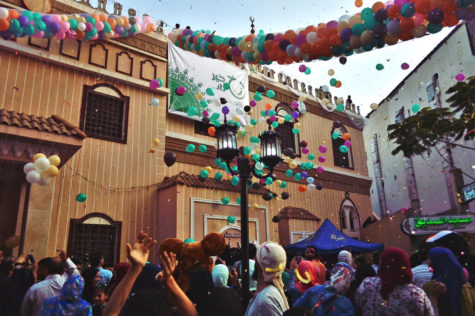
Ramadan ends with a holiday called Eid al-Fitr, or the “Feast of Fast-Breaking”. Many Muslims look forward to Eid as it a day filled with vast celebrations and joy. Some of the ways it is celebrated are below.
1. Children wearing new clothes.
2. Women dressing in white.
3. Baking special pastries.
4. Exchanging gifts.
5. Visiting the graves of relatives who have passed away.
6. Individuals gathering for family meals and to go pray in mosques.
Ramadan is a beautiful holiday that is celebrated by over a billion individuals worldwide. I hope this article give you some insight into the celebrations and history behind the holiday. If you have Muslim friends, please remember to wish them Ramadan Mubarak this following Monday. Don’t forget to strive for the impossible and be extraordinary, everyday!
Citation:
The Editors of Encyclopaedia Britannica. (2021, February 12). Ramadan. Retrieved April 06, 2021, from https://www.britannica.com/topic/Ramadan
